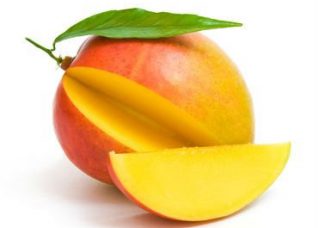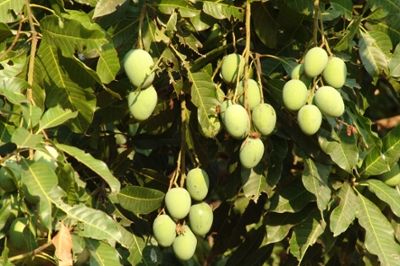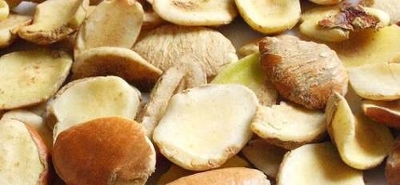
MinerAlert

MinerAlert
Irvingia gabonensis
Irvingiaceae
* Despite the similar common name, this species is not related to the tree that produces the mango fruit (Mangifera indica-Anacardiaceae)
Bush mango, dika bread tree, dika nut, dika nut tree, rainy season bush mango, sweet bush mango, wild mango
Árbol chocolate, Mango salvaje
Abeje, Agbono, Andoc, Andog, Andoo, Biba, Bofalanga, Boborou, Borbor, Dika, Ditoke, Ebi, Iba, Lubigniati, Magongo, Meba, Musosomba, Muiba, Peke, Weke, Wipa

This tall tree is native to various countries in tropical West-Central Africa, including the Congo, Gabon, Ghana, Nigeria, Senegal, and Cameroun. It is currently grown in various tropical and subtropical areas of the world.

Photo: Wikipedia
African Mango Tree
Leaves, bark, fruits, seed kernels, and root.

Photo: Traders of Africa / Google images
African Mango Seeds
Safety/Precautions:
Before you decide to take any medicinal herb or herbal supplement, be sure to consult with your health care professional first. Avoid self-diagnosis and self-medication: Always be on the safe side!
For further information about this plant, please go to the Scientific Monographs section of this website.